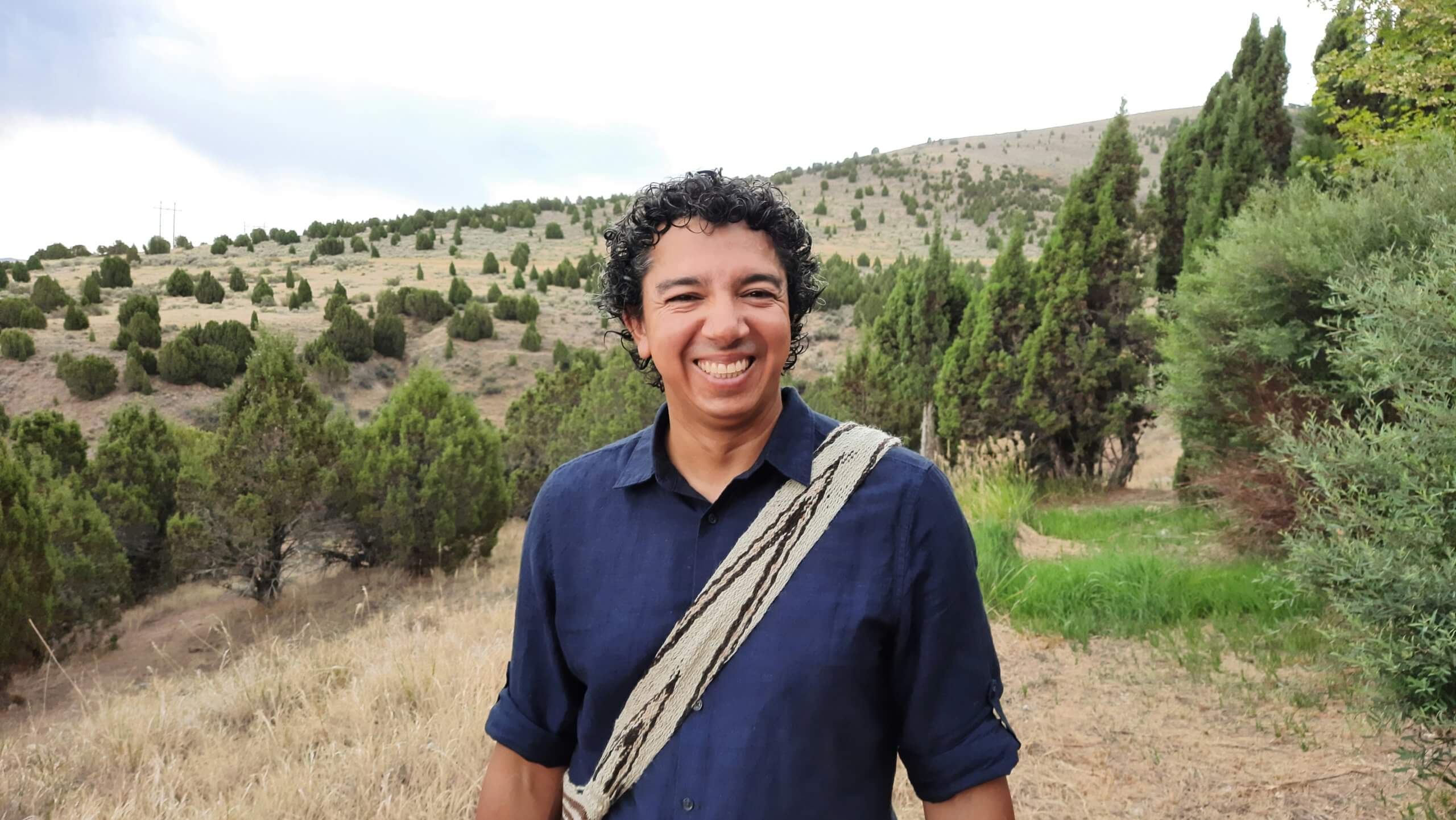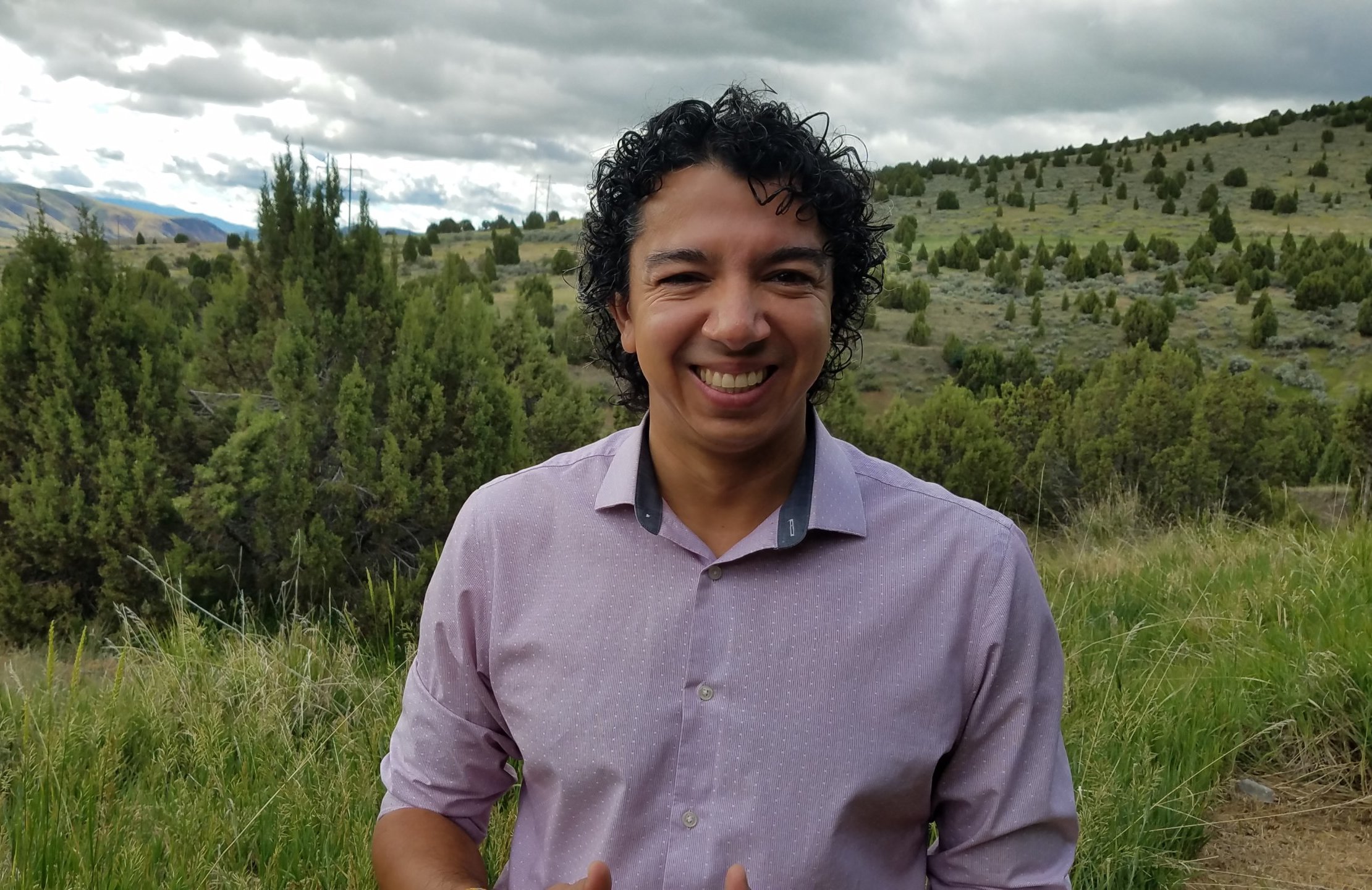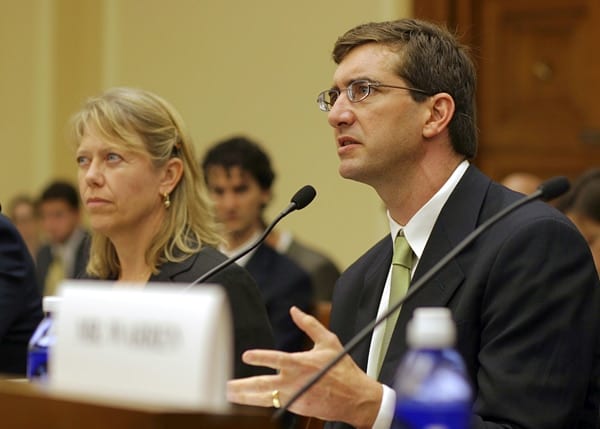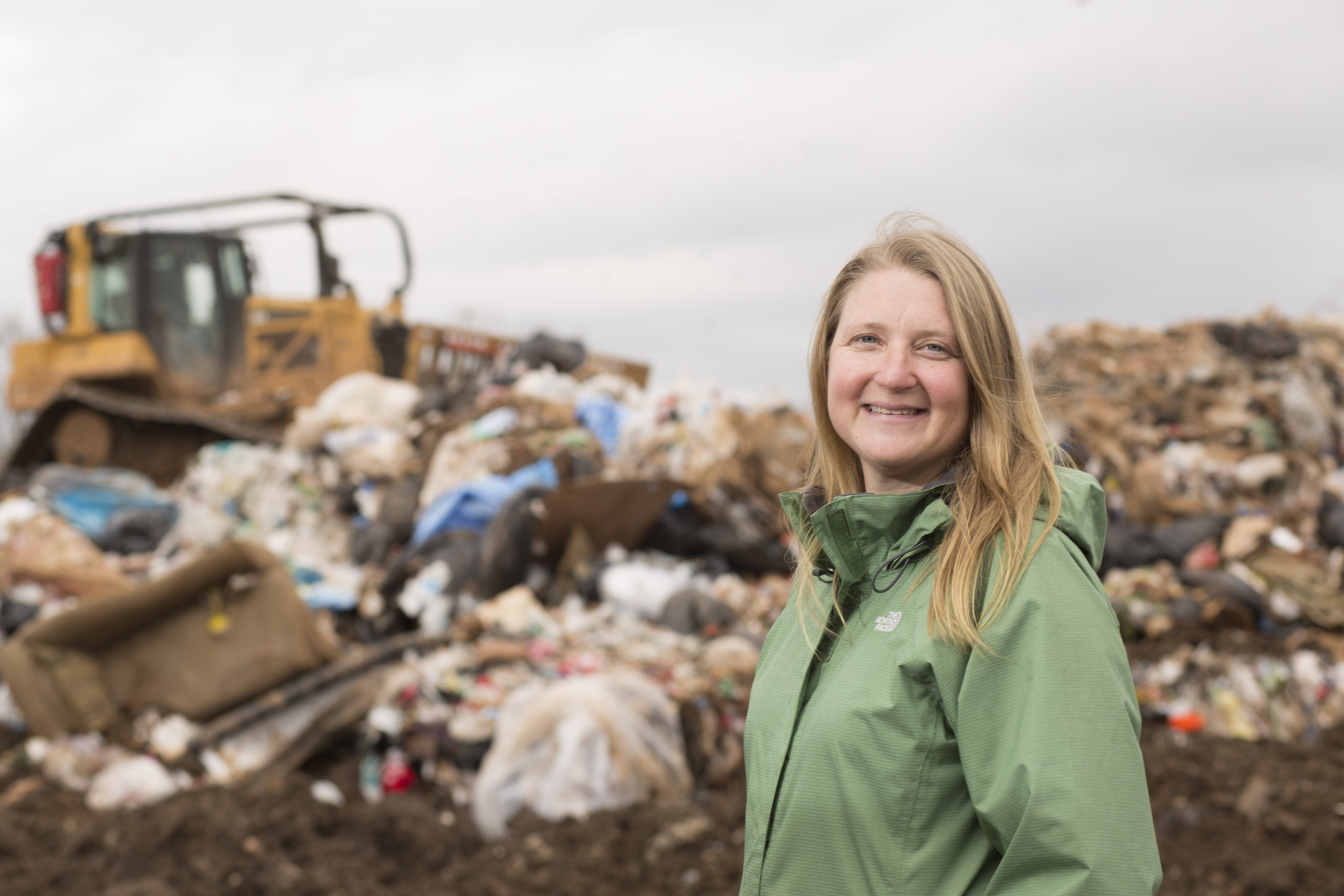I became a US citizen in 2018 after a 17 year immigration process and in just two weeks, I will have lived half my life in the US. In the US, unlike in my own country, I was able to go to college, start my career, feel safe, and had the opportunity to thrive. However, since I started doing conservation with a historical and justice perspective, I’ve felt tokenized, excluded, and singled out. I’ve realized that ultimately, my accent, my Brownness, and my mochila will always make me seem like a visitor to many. Sometimes, I think that if I do not push too hard, I’ll be welcomed.
I was born and raised in Colombia. I moved to the US in 2000 at age 21 when the weight of circumstance forced me to emigrate. I am Mestizo: I am white, I am Indian, and I am Black. No one will ever call me white, but I cannot claim any cultural connection to Indigenous peoples or Afro-Caribbean culture. My Brownness is the result of colonial violence that robbed me of my connection with my Indigenous and African roots.
I started school in 2001 and finished my community-college-to-graduate-school journey in 2012. Working in conservation was always the ultimate goal. In early 2013, I made it, I was living my dream! I had just become a US permanent resident, giving me confidence that I had escaped violence and an uncertain economic future in Colombia, and I was working for an NGO protecting private land. What else could I ask for?
We operate under the assumption that conservation is always good. Yet, to date, there has not been a meaningful collective effort in the private land conservation movement to question the justice of protecting private land accumulated under white ownership through exclusionary and racist policies like the allotment act, reversion of 40-acres and a mule, and USDA farm loan practices. While white Americans have increased their rural land ownership from about 75% in 1900 to 98% today, black Americans have lost 90% of their land (an area roughly the size of West Virginia), and Indigenous people have lost 90 million acres of reservation lands (an area roughly the size of Montana) to white ownership. Ultimately, I work in a movement that fails to question the historical underpinnings of land ownership and therefore protects white power and privilege. Eleven years of college and graduate school training to work in conservation never taught me that, much less why that is so.
It wasn’t until 2018, six years into my career, when I was in a leadership training program centered on the values of diversity, equity, and inclusion, that I realized my conservation framework and practice were not just. I could not believe how assimilated I was. I was ashamed. I, a Brown immigrant, was perpetuating white supremacy, and protecting white privilege and power through my work and ignorance. I knew immediately I had to shift the way I approached conservation, but I did not know how this would be received at my organization. I was fearful for my career and my income. I had recently become a father and was still paying almost double digit interest private student loans, the only ones available for international students. It took me three months to find the courage to discuss how I was feeling. In the end I did it because I was ready to walk away if my organization was not willing to embrace me, but they did.
Since then, through seminars, workshops, and one-on-one conversations, I have been challenging my colleagues and questioning the principles on which the conservation movement stands. I do this because I still believe private land protection does not have to be diametrically opposed to justice, equity, and inclusion. Some colleagues have embarked on personal journeys and become transformational allies. Many, though, have chosen white comfort over timely justice for the oppressed and marginalized. Not long ago, I was quietly but effectively uninvited to join an environmental NGO board. More recently, for questioning white power and privilege, I was asked by a white colleague if I wanted to have an impact in the conservation movement or just be noticed. We can only move at the speed of trust I’ve been told repeatedly, I believe that. I also believe people in the conservation movement, where I have many good friends, are good people and want a better future for all. But if we are to achieve justice in and through conservation, we cannot continue to move at the lethargic pace of white comfort.
Bray Beltrán is an ecologist by training. Conservation is his tool to find the balance between the long term well-being of local communities (and us as a global agent of change), and the resources we use to maintain our quality of life. He is an immigrant and a father living in the Intermountain West. Bray was part of the 2017 cohort of Wilburforce Fellows in Conservation Science.



